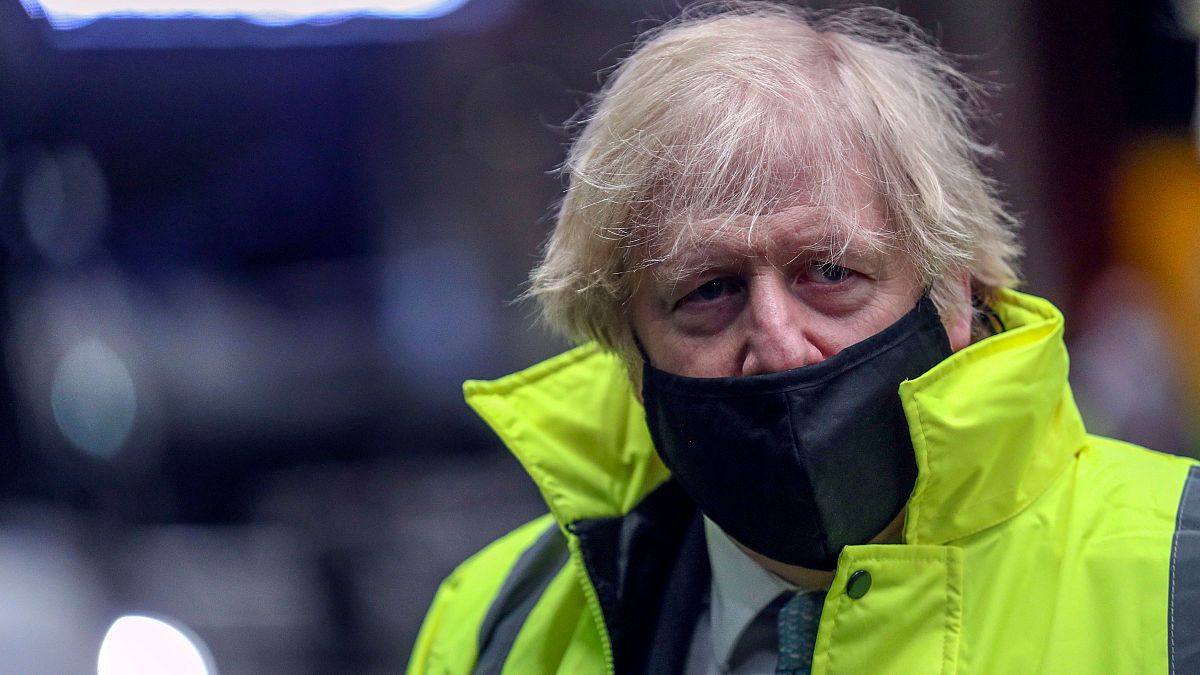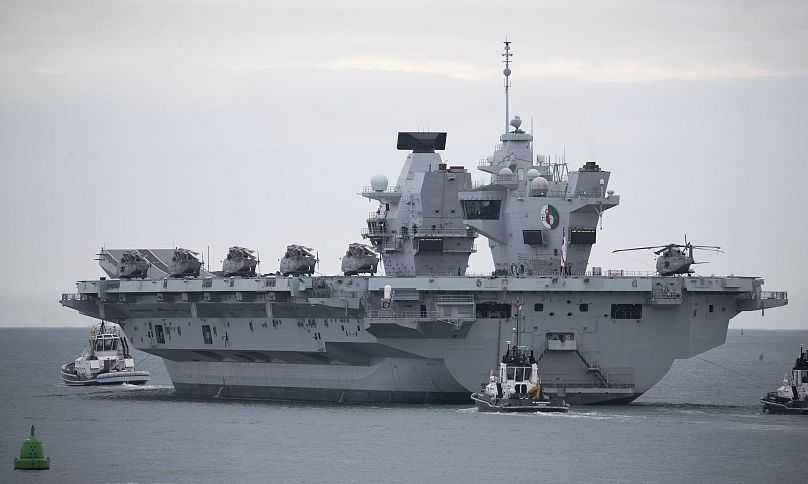The PM has outlined his government’s foreign policy direction for the coming years, following the UK’s exit from the European Union.
The UK’s prime minister has unveiled plans to shift Britain’s foreign policy focus to the east, following the country’s exit from the European Union.
Speaking in Parliament as the government published its defence, security and foreign policy review, Boris Johnson signalled the country's intention to strengthen ties and influence in the Indo-Pacific region.
He also announced a boost to defence spending, and - to the dismay of campaigners against nuclear weapons - an increase in the country's nuclear arsenal.
Johnson plans to travel to India next month for his first international visit since the end of the Brexit transition period.
As part of this policy of shifting focus to this region, Britain is applying for partner status in the Association of Southeast Asian Nations.
The Royal Navy aircraft carrier HMS Queen Elizabeth will be sent to the region later this year for its first operational deployment.
The report states that by 2030 the "geopolitical and economic centre of gravity" will have moved eastwards towards the Indo-Pacific.
Joining the space race
The government will also establish a Situation Centre in the Cabinet Office in which it can respond to future crises, as well as a Counter-Terrorism Operations Centre, to "significantly improve our ability to thwart terrorists".
The report announced an investment of £6.6 billion over the next four years in research and development for areas including cyber, quantum technologis, high-speed missiles, and space.
The government wants the UK to become a "meaningful actor in space", through a new Space Command, and developing the ability to launch British satellites from the UK by 2022.
Writing in the Times newspaper before publishing the 100-page review, Johnson claimed “the objective of Global Britain is not to swagger or strike attitudes on the world stage”.
The PM continued in his article that record spending on defence and science would let the UK “engage with and help the rest of the world”.
Russia remains “the most acute threat to our security," the government said, but the language on China is more muted.
While acknowledging the challenges posed by a more assertive China, the review said the UK plans to continue pursuing a positive trade and investment relationship with Beijing.

